Do you ever feel like your personal health information is walking a tightrope, one wrong step away from falling into the wrong hands? You’re not alone. In today’s hyperconnected world, your health security is constantly under siege, often from sources you might never suspect.
From seemingly harmless apps to deceptive online interactions, there are hidden threats lurking around every corner, ready to exploit vulnerabilities and compromise your sensitive data. Are you aware of these sneaky tactics?
Understanding the hidden dangers is the first step to taking control of your health privacy. This guide unveils seven surprising ways your personal health security is being compromised – and provides actionable strategies to strengthen your defenses. Get ready to empower yourself and safeguard your most valuable asset: your health.
7 Sneaky Ways Your Personal Health Security Is Being Compromised (And How To Fix It)
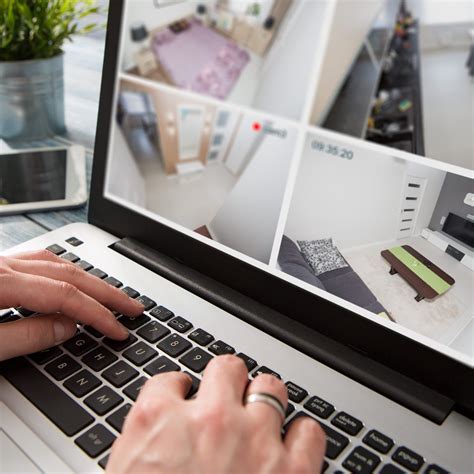
Our lives are increasingly digital, and this extends to our health. From wearable trackers monitoring our steps to online platforms storing our medical records, technology plays a bigger role in managing our wellbeing than ever before. But with great convenience comes great responsibility, especially when it comes to protecting our sensitive health information.
Believe it or not, several sneaky threats lurk in the digital shadows, constantly trying to compromise your personal health security. Are you aware of them? More importantly, are you doing enough to protect yourself?
Let’s shed some light on these hidden dangers and empower you to take control of your digital health security.
1. Public Wi-Fi: A Hotspot for Hackers
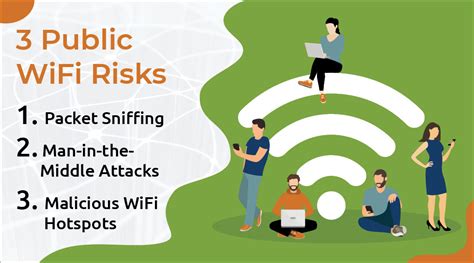
Picture this: You’re at a coffee shop, sipping your latte, and quickly checking your health app on your phone. Little do you know, a malicious hacker is lurking nearby, intercepting your unencrypted data.
Public Wi-Fi networks, while convenient, often lack robust security measures, leaving you vulnerable to data breaches. Hackers can eavesdrop on your online activities, potentially stealing your login credentials, medical records, or even credit card information used for online pharmacy purchases.
Fix It:
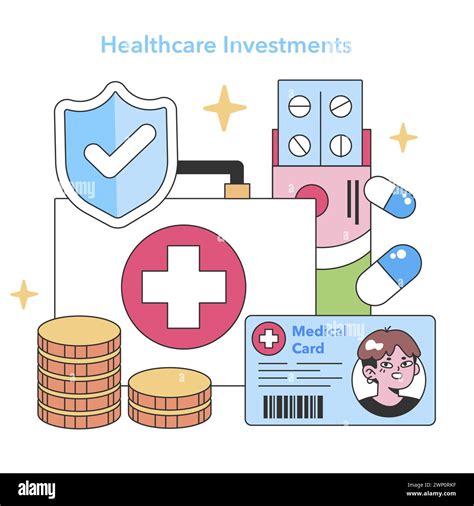
- Avoid accessing sensitive health information on public Wi-Fi.
- Use a VPN: A Virtual Private Network encrypts your internet traffic, making it much harder for hackers to intercept your data.
- Turn off automatic Wi-Fi connections: Don’t automatically connect to unfamiliar networks.
- Look for secure networks: Choose networks that require a password and are labelled as secure.
2. Phishing Scams: Baiting You into Trouble
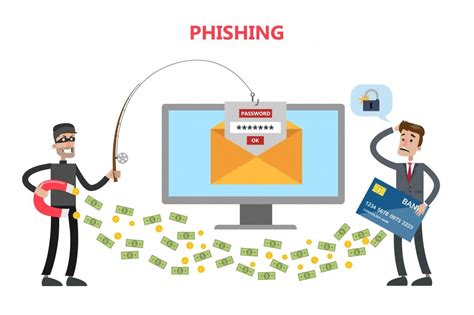
Phishing scams are becoming increasingly sophisticated, preying on unsuspecting individuals by mimicking legitimate organizations.
Imagine receiving an email seemingly from your doctor’s office, requesting you click on a link to update your medical records. However, this link leads to a fake website designed to steal your login credentials.
These scams can also arrive via text messages or phone calls, tricking you into revealing sensitive personal or health information.
Fix It:

- Be wary of unsolicited emails, texts, and calls. Don’t click on links or provide personal information unless you are absolutely sure of the sender’s legitimacy.
- Verify sender identities: Always double-check the sender’s email address or phone number to ensure it matches the official contact information for your doctor’s office, hospital, or insurance provider.
- Hover over links before clicking: Pay attention to the URL; if it looks suspicious, don’t click on it.
- Report phishing attempts: If you suspect you’ve encountered a phishing scam, report it to the relevant authorities.
3. Unsecured Medical Apps: Leaving the Door Open
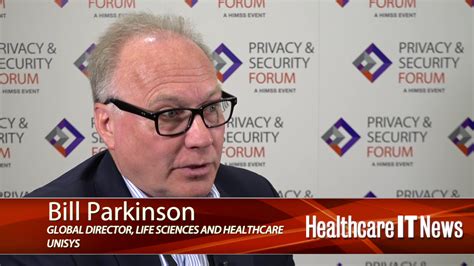
Mobile health apps offer convenient tools for tracking fitness, managing medications, and even consulting with doctors. However, not all apps prioritize data security.
Apps lacking strong encryption or privacy policies could expose your health data to unauthorized access. Imagine hackers gaining access to your sensitive health records, including diagnoses, treatments, and medication history.
Fix It:
- Choose apps wisely: Research apps thoroughly before downloading them.
- Check app permissions: Review the permissions requested by an app and only grant access to information that is truly necessary.
- Look for security badges: Look for apps with security certifications or badges, indicating they meet industry security standards.
- Update apps regularly: Software updates often include security patches, so keep your apps updated to minimize vulnerabilities.
4. Medical Device Vulnerabilities: Hackers Target Your Tech
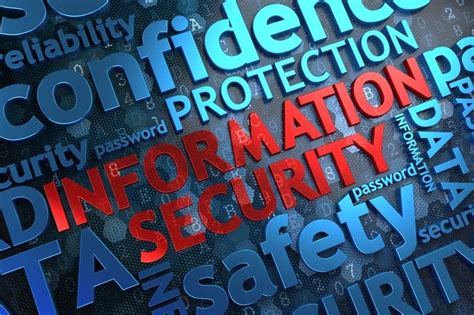
From pacemakers to insulin pumps, medical devices are becoming increasingly connected, offering enhanced monitoring and treatment options.
Unfortunately, these connected devices can also become targets for hackers. Imagine a malicious actor gaining remote access to a pacemaker, potentially manipulating its settings or disrupting vital functions.
Fix It:
- Keep devices updated: Manufacturers often release security updates for medical devices, so ensure yours are patched.
- Use strong passwords: Create unique, complex passwords for accessing device settings and accounts.
- Secure Wi-Fi connections: Use secure networks and encryption measures when connecting medical devices to Wi-Fi.
- Limit device access: Avoid connecting devices to public networks or untrusted Wi-Fi unless absolutely necessary.
5. Social Media Sharing: Unveiling Your Health History
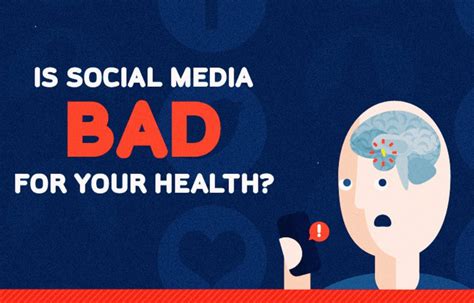
While sharing healthy lifestyle tips and achievements on social media can be empowering, it’s essential to be mindful of the information you disclose.
Oversharing medical conditions, symptoms, or treatments can inadvertently reveal sensitive health data to a wide audience, potentially impacting your privacy.
Fix It:
- Review privacy settings: Carefully configure your privacy settings on social media platforms, limiting the visibility of your posts and personal information.
- Think before you share: Avoid sharing detailed medical information online, unless you are comfortable with its public accessibility.
- Use privacy-focused platforms: Consider utilizing platforms designed with privacy in mind.
- Control tags: Review tags on posts involving your health and remove inappropriate tags.
6. Inadequate Data Encryption: Leaving Your Data Vulnerable
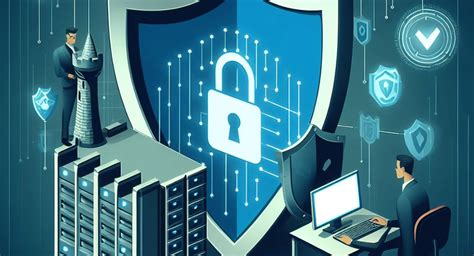
Encryption is the process of scrambling sensitive data, making it unintelligible without the correct decryption key.
Medical institutions, insurance providers, and online platforms storing your health data must implement robust encryption measures to protect it from unauthorized access.
If their systems lack proper encryption, your personal health information could be exposed in case of a breach.
Fix It:
- Ask questions: When providing your health data online, inquire about the security measures used, including encryption protocols.
- Choose encrypted platforms: Opt for platforms that clearly advertise strong encryption practices.
- Review privacy policies: Carefully examine privacy policies of medical institutions, insurance providers, and online platforms, paying attention to their data encryption practices.
7. Lost or Stolen Devices: Access Unlocked
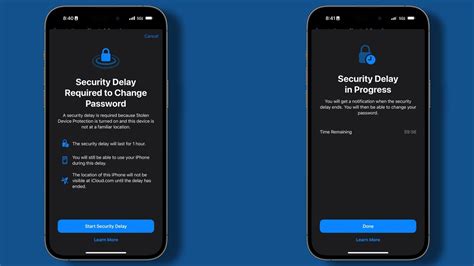
Losing your smartphone, tablet, or laptop containing sensitive health information poses a significant security risk.
Without proper security measures in place, a lost or stolen device could grant unauthorized access to your medical records, prescription history, or other sensitive data.
Fix It:
- Enable device tracking: Utilize features like “Find My iPhone” or “Find My Device” to track your device remotely.
- Set strong passcodes: Implement strong passwords or biometric authentication on your devices.
- Remote wipe data: Set up remote wiping capabilities to erase your device’s data securely in case of loss or theft.
Taking proactive steps to protect your personal health security is crucial in today’s digital age. By understanding the hidden threats and implementing the solutions outlined above, you can empower yourself to safeguard your sensitive health information and enjoy peace of mind. Remember, vigilance and awareness are your best defenses against digital security risks.
FAQ
Q: What exactly does “personal health security” refer to?
A: Personal health security encompasses the protection of your sensitive health information, medical records, and overall digital wellbeing related to healthcare.
Q: Are online doctor visits risky?
A: While convenient, online doctor visits can pose risks if proper security measures aren’t in place. Ensure the platform uses encryption and secure communication channels.
Q: How can public Wi-Fi networks jeopardize my health security?
A: Public Wi-Fi lacks security, making it easy for hackers to intercept your data, including sensitive health information. Use a VPN on public networks.
Q: Why is it important to be cautious about sharing health data on social media?
A: Sharing health details on social media exposes you to potential privacy breaches. Limit personal medical information shared online.
Q: Can fitness trackers compromise my privacy?
A: Yes, fitness trackers collect vast amounts of personal health data. Review privacy settings and understand what information is being collected and shared.
Q: Are smart devices like smartwatches and voice assistants a security risk?
A: Smart devices can be vulnerable to hacking, potentially exposing your health data. Ensure devices have strong passwords and update software regularly.
Q: How can I protect myself from identity theft related to healthcare?
A: Monitor your medical bills, credit reports, and insurance statements for suspicious activity. Freeze your credit and opt for two-factor authentication.



